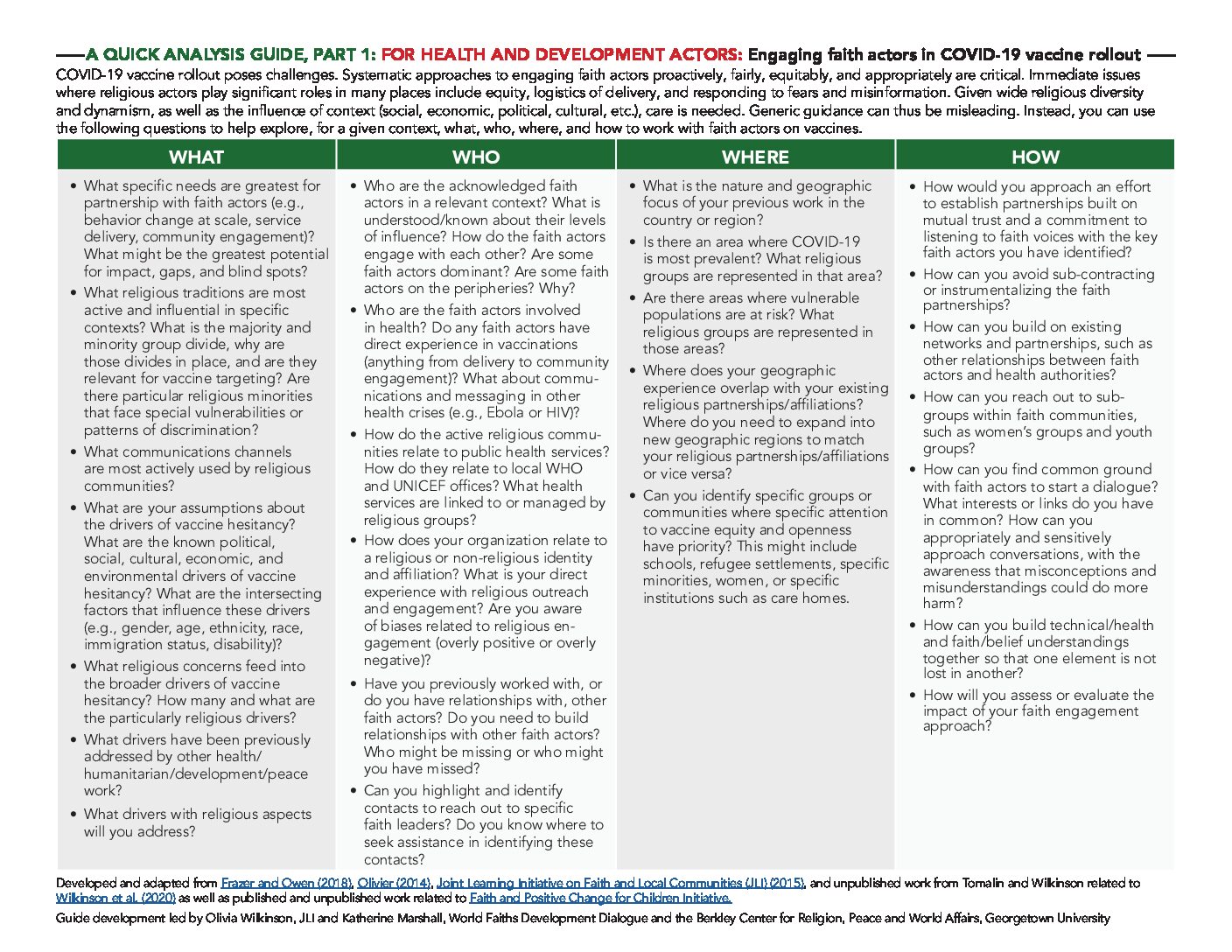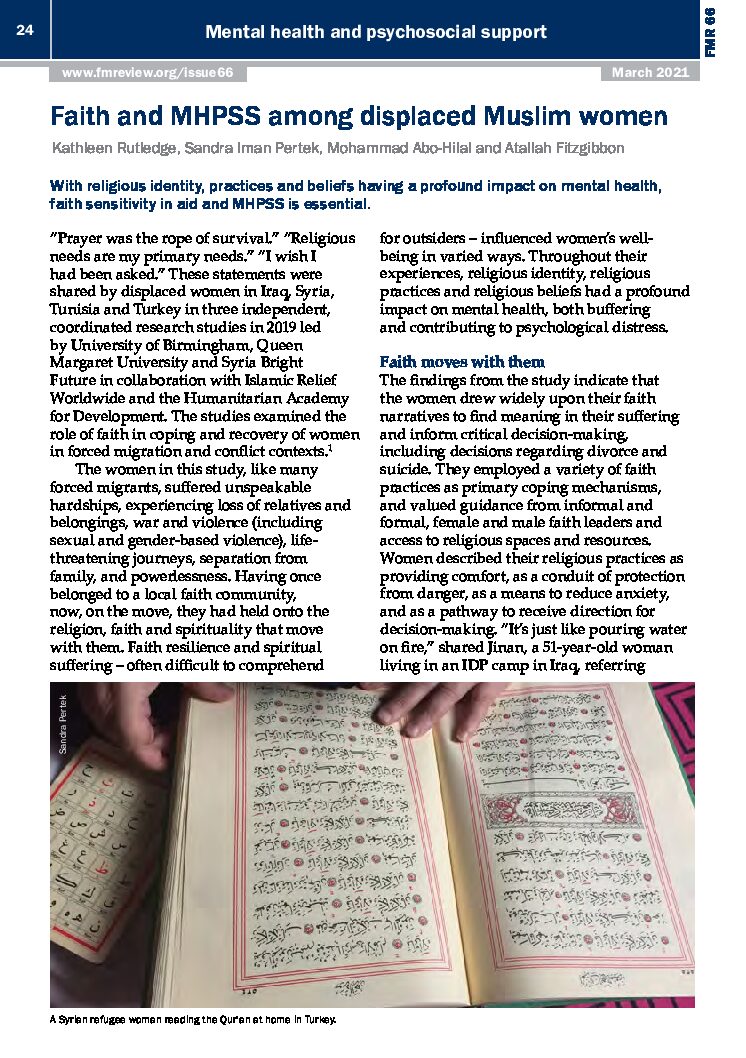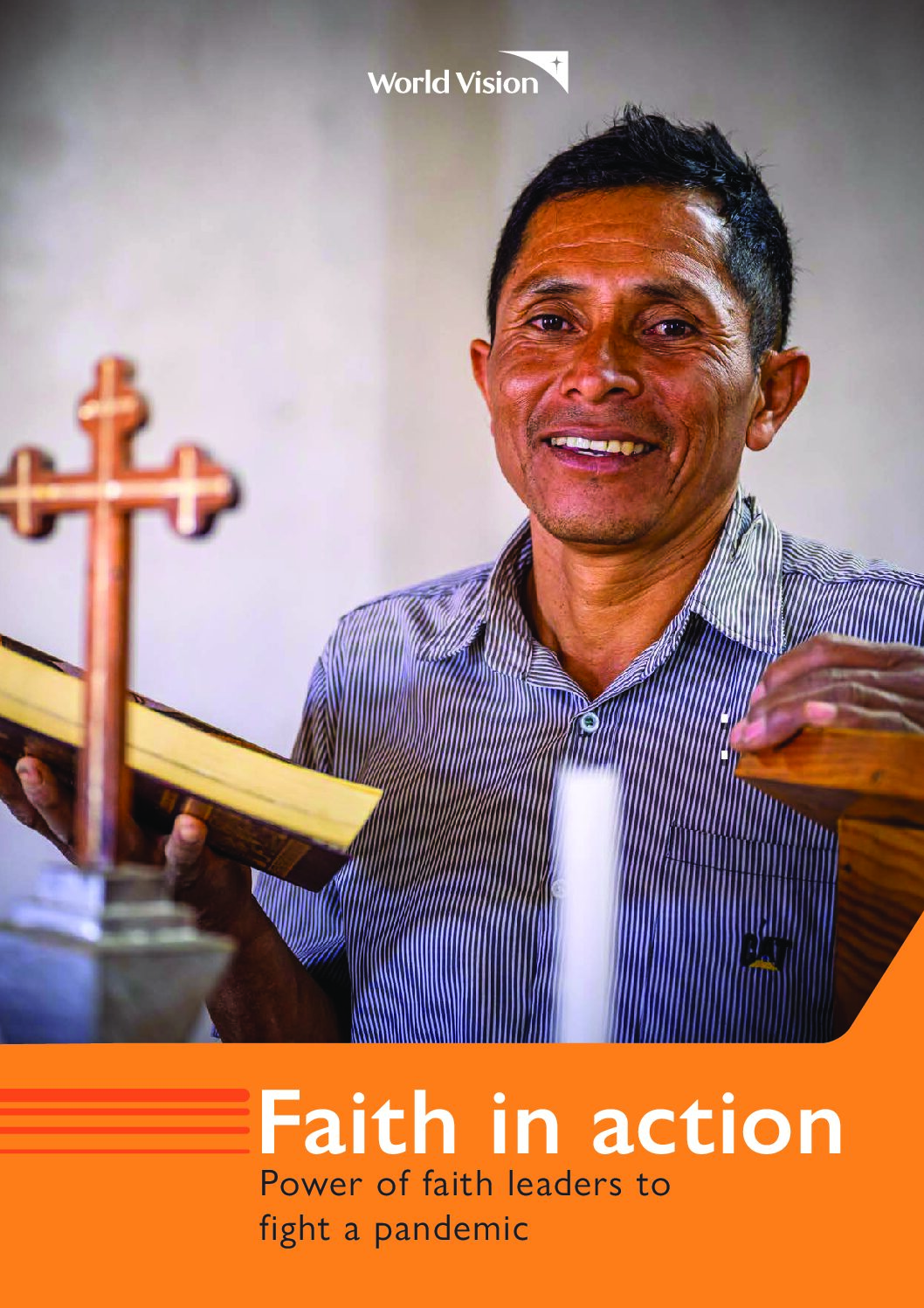Current Partnerships
JLI collaborates with many organizations worldwide to build evidence and serve as a knowledge partner.
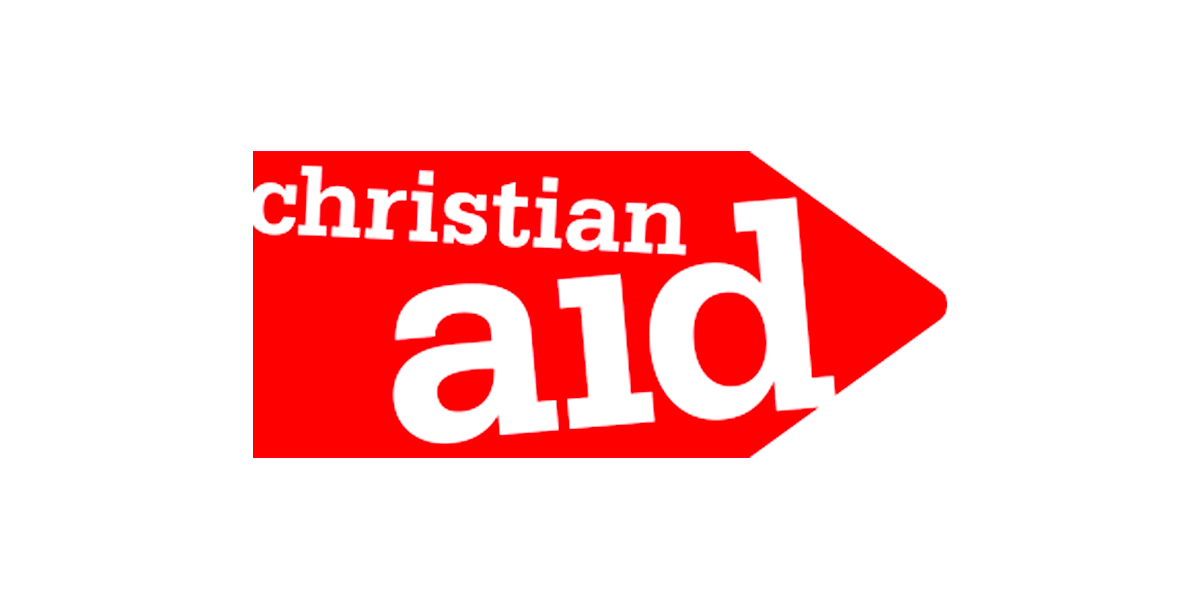
Faith and Climate Migration
JLI and Christian Aid plan to co-lead an evidence review and a series of regional “Listening Dialogues” with local faith actors, community practitioners, and researchers focusing on lived experiences and evidence priorities on the issue of climate migration and its intersection with faith and religion.
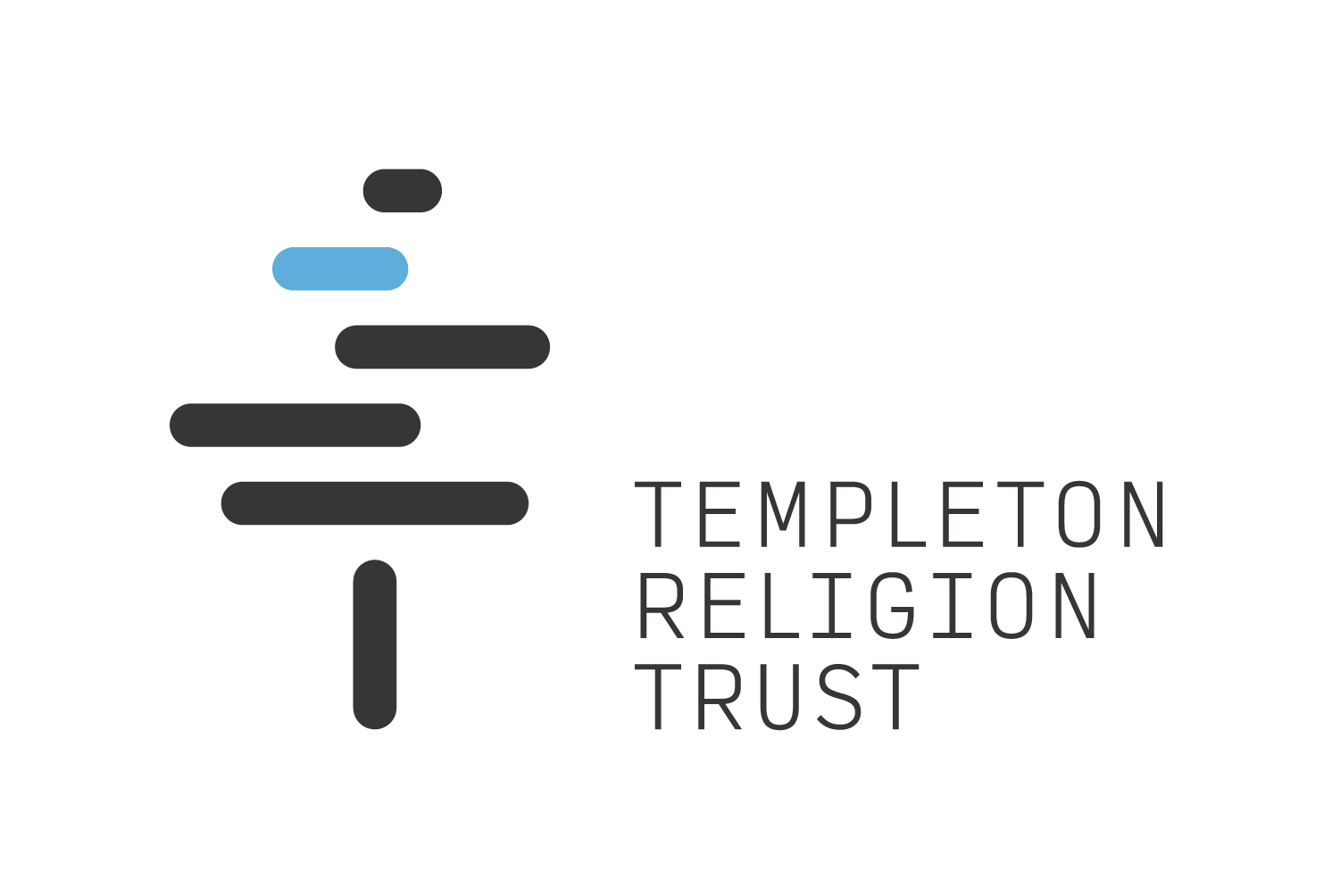
Strategic Religious Engagement 2023-2025
The World Faith Development Dialogue, led by Prof. Katherine Marshall, has received this grant to conduct an ambitious 3-year, 4-country project to trial approaches to strategic religious engagement. JLI is working particularly with colleagues in the Philippines on this project and will also be helping with M&E.
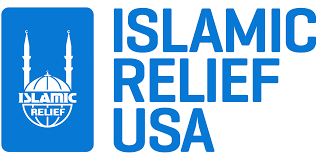
Regional Monitoring, Evaluation, Accountability and Learning Learning Hub – Middle East
The JLI, with a grant from IRUSA, undertook a two-year project focused on regional Monitoring, Evaluation, Accountability, and Learning (MEAL) in the Middle East. This initiative established a regional MEAL hub designed to offer researchers and practitioners working in similar, context-specific settings the opportunity to develop and implement innovative MEAL approaches. The Hub emphasized collaboration with and/or by faith-based actors to enable organizations to gather meaningful data, strengthen participatory practices, and address regional challenges. Additionally, the project fostered shared learning and capacity-building to enhance the effectiveness of MEAL approaches across the region.
- Visit the Hub page

Faith Perspectives on Localisation and Decolonisation
JLI members made an investment (thank you to the generous sponsors of this work, which include ADRA, CORUS, ERD, Islamic Relief USA, and the Salvation Army) to conduct research into faith actors’ perspectives of localisation and decolonisation. The project which is jointly led by JLI Board Member Emma Tomalin and Senior Research Fellow Jennifer P. Eggert includes surveys and stakeholder interviews aimed at exploring what localisation and decolonisation means to faith actors in the development sector, to what extent and how they incorporate these into their work, and what they have learned along the way.

Hidden Peacebuilders Network
JLI is a founding member of the Hidden Peacebuilders Network, which was formed in 2018. It is a collaboration between academics and faith-based organisations in the Global North and South, currently including members from Brazil, Burundi, Kenya, the Philippines, Uganda, and the UK to better understand the role of local-faith actors in peacebuilding.
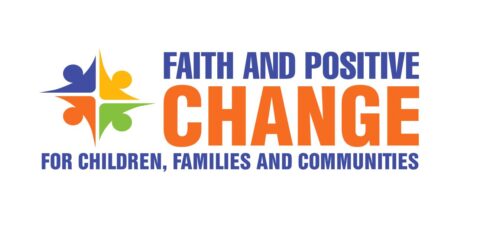
Faith and Positive Change for Children- Global Initiative on Social Behavior Change
JLI is partnering with UNICEF and Religions for Peace on Faith and Positive Change for Children, Families and Communities (FPCC). Conceived in 2018, FPCC aims to move beyond single-sector, single-faith, small-scale, ad-hoc and sometimes instrumentalist approaches of faith engagement in development and humanitarian work.
Previous Partnerships
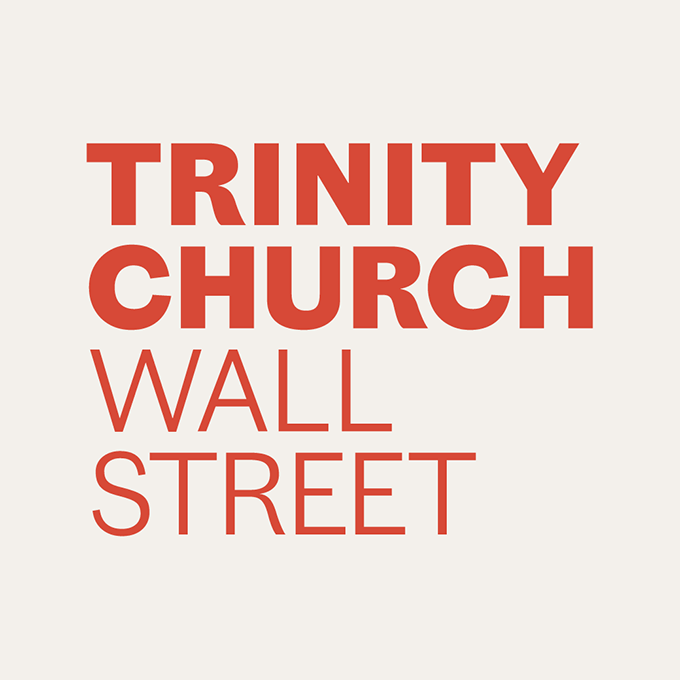
Training on Religions and Development
Following on from a pilot phase, the project goal is to co-create and deliver educational content on the topic of religion and development that can help future religious leaders be not only conversant but empowered professionals in this field. During the project, we will co-create and use educational materials with five theological colleges worldwide.

Women in Faith Leadership Fellowship
The Women in Faith Leadership Fellowship’s new one-year initiative, grounded in a two-week fellowship at Georgetown University beginning of 2023, focused on religion and gender equality for women religious Catholic sisters from five African countries Ghana, Kenya, Nigeria, Tanzania, and Uganda. The courses focused on core theological dimensions of gender equality development; policy & advocacy, partnerships & network building, resource mobilization; and communications & storytelling. The fellows attended different events (World Union of Catholic Women’s Organisations, Women Deliver Conference, United Nations General Assembly) and designed their capstone projects. Into 2024, the fellows are implementing their capstone projects in their countries, with projects ranging from maternal health projects to care of elderly sisters and climate adaptation initiatives.
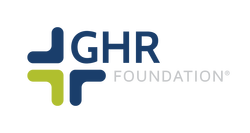
The Fair & Equitable Initiative
JLI launched the Fair & Equitable Initiative in 2021, with support from GHR. The Fair & Equitable Initiative seeks to challenge unequal power dynamics in research and evidence in the religions and development sector, by shifting power to local and regional levels. GHR support has allowed JLI to launch and nurture its first regional joining learning hubs in East Africa, Syria, and the Middle East, where researchers and faith actors from the region have been able to work together to define and pursue their own evidence priorities.
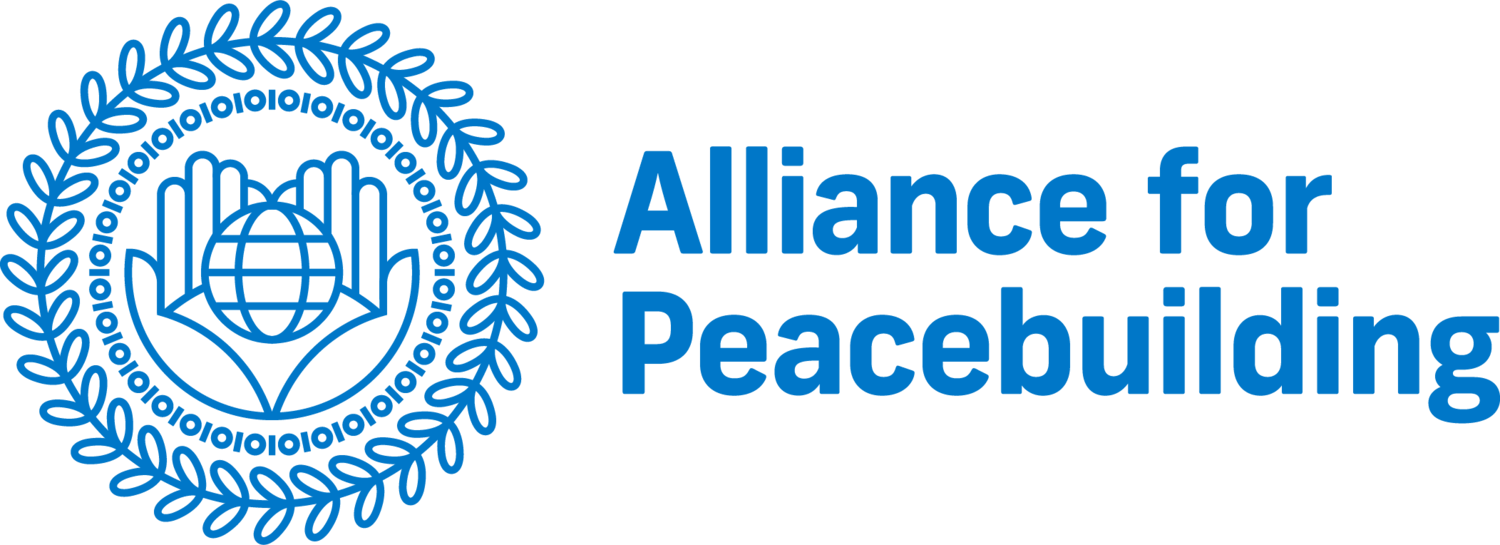
Alliance for Peacebuilding
Building on the Alliance for Peacebuilding (AfP) and JLI’s previous work on donor engagement and MEAL partnerships, the two organisations engaged in collaborative research aimed at collecting evidence on donors’ perspectives on MEAL in partnerships with local faith partners.

WCC-ACT Collaboration Learning Process
The JLI research team continued to support ACT Alliance and the World Council of Churches (WCC) in a learning process about their long-standing collaboration. ACT members and research collaborators in Malawi and Cameroon piloted a survey tool to better understand how partnerships between ACT fora and local churches work on the ground. The final report is expected to be published later this year.
- Final report (coming soon)
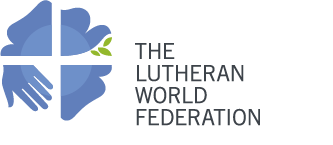
Research on Lutheran World Federation’s Faith-Based Advocacy
JLI conducted some research for the Lutheran World Federation (LWF) on faith-based advocacy within the Federation. The research sought to capture stories about LWF’s advocacy in the last seven years, aiming to understand the range of topics LWF advocacy has covered, identify good practice examples of LWF advocacy, examine challenges for LWF advocacy, learn more about how LWF staff understand and define faith-based advocacy, and present recommendations from the learning for future planning. The JLI team conducted interviews with 21 LWF team members and wrote a report based on the findings.
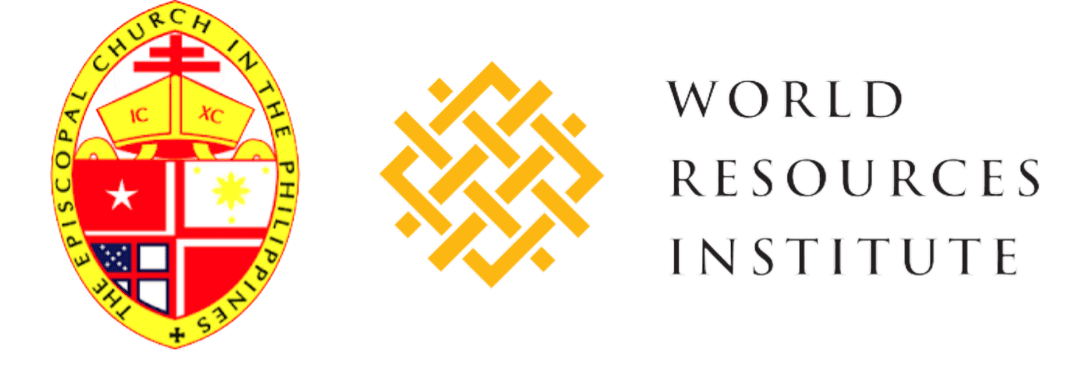
Faith and Sustainability – Emissions and the Assets of Faith Actors
The JLI research team piloted a research with the World resources Institute and the Episcopal Church in the Philippines on how much a specific faith actor in a specific geographic location accounts for with their emissions from their assets. The research also aimed to explore best practices and opportunities to work with faith actors in sustainability, mobilizing additional participation and support for better tracking and measuring faith actors assets around the world.

International Partnership on Religion and Development (PaRD)
The JLI and PaRD continued their knowledge partnership in 2022 by seeking full and appropriate engagement of the capacities of faith-based and religious groups in the achievement of the SDGs through effective partnerships with public sector and secular entities, as well as among religious groups themselves.
JLI brought knowledge partner capacities, a proven track record in preparing evidence reports, briefs, calls to action, conference programs, peer-reviewed article, and journals.
- Workstream Evidence Support
- SDG 16: Partnering with Local Faith Actors to Support Peaceful and Inclusive Societies: focus on South Asia and the Lake Chad Basin
- SDG 5: Religion, Development and GBV – Recommendations for a Strategic Agenda Draft
- SDG 3: Faith Actor Partnerships in Adolescent sexual and reproductive health

Strategic Religious Engagement 2020-2022
JLI worked with development actors for a decade to provide evidence-based advice on religious engagement. However, over the years JLI noticed that much existing religious engagement is not strategic and can, in fact, set back secular-religious cooperation for development. This project extensively analyzed existing religious engagement strategies, recent research, and many policy documents to understand how we can do better.

Evidence-enabled Faith Leadership
JLI’s experience has demonstrated that better religious engagement comes from religious literacy among development professionals and development literacy among faith leaders and organizations. This project aimed to respond to the need for religious and development literacy by first creating JLI’s new flagship report, The State of the Evidence on Religions and Development, to improve religious literacy, and then workshopping the content of the report in seminars with faith leaders and organizations to improve development literacy. The pilot seminars were delivered in the Philippines and Malawi/Zambia in 2022.

JLI and Berkley Center for Religion, Peace and World Affairs at Georgetown University and the World Faiths Development Dialogue
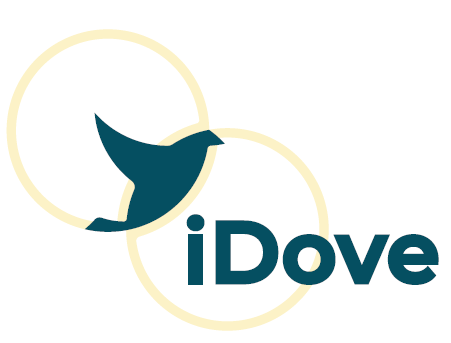
Preventing Violent Extremism (PVE), Youth and Faith: A Research Capacity-Building Project
JLI carried out a research capacity-building focused project, as part of which JLI will train a group of young people from Africa, Asia, the Middle East and Europe with experience in peacebuilding and PVE in basic research methods. Participants implemented small research projects on PVE, youth and faith while being supervised to consolidate their learning.

Welcoming the Stranger, Shaping the Future
On June 20-21, marking World Refugee Day, JLI participated in the “Welcoming the Stranger, Shaping the Future” conference in Geneva, organized by Lutheran World Federation, Islamic Relief Worldwide and HIAS, with the support of UNHCR. JLI is in charge of managing the learning component before, during and after the conference.
- Final report (coming soon)

Advocacy and policy engagement during COVID-19
The JLI research team supported the Lutheran World Federation (LWF) with a small study on the impact of COVID-19 on the work of LWF churches and their partners as well as their response, with a focus on advocacy and policy work. The team conducted interviews with LWF members and produced a report with recommendations for other churches and faith-based organizations.
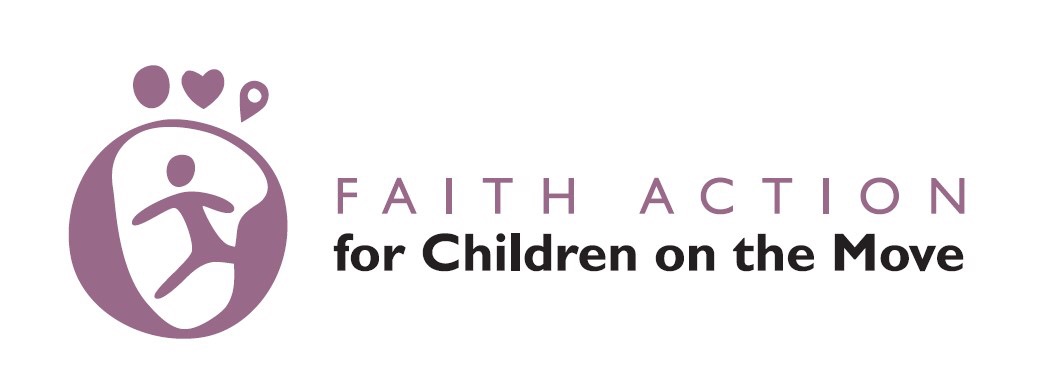
Children on the Move Learning Briefs (2022)
World Vision and Arigatou International asked the JLI to update the Learning Briefs that JLI had developed ahead of the 2018 Global Partners Forum on Children on the Move. The briefs include recent literature and good practice examples in the three thematic areas of peacebuilding, continuum of child protection, and spiritual support. The updated briefs were presented at an event at the Day of Prayer and Action for Children in Rome in November 2022.
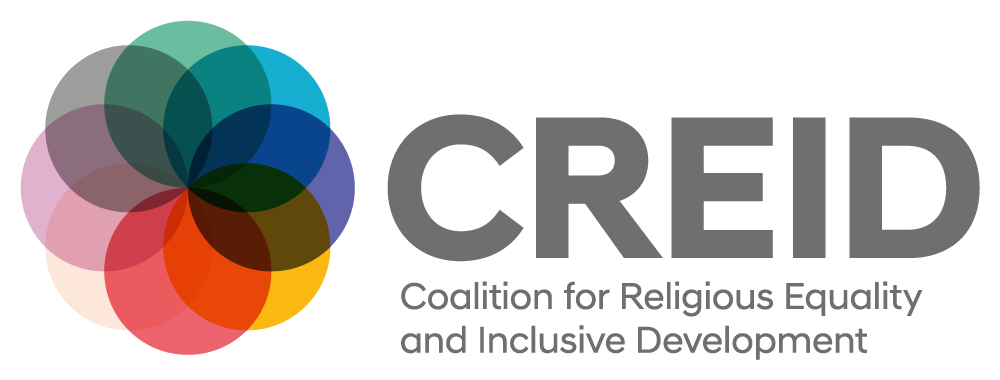
Responsiveness to religious diversity in contexts of displacement in Pakistan
The JLI research team completed its research on humanitarians’ responsiveness to religious inequalities in displacement, in collaboration with the Coalition for Religious Equality and Inclusive Development (CREID). The research involved interviews with Shia Hazara refugees from Afghanistan in Pakistan as well as local, national and international providers of support.

Women Leading Change
Taking place virtually March 30-31, 2022, Women Leading Change sought to build on the work and success of previous convenings focused on faith and gender equality. Women Leading Change brought together more than the usual suspects. Faith practitioners, theologians, social media influencers, and creatives were all in the room to affirm the commonality of their cause and action.
JLI put together a digital resource guide for the participants about approaches to dismantling patriarchal theology and advancing gender equality.
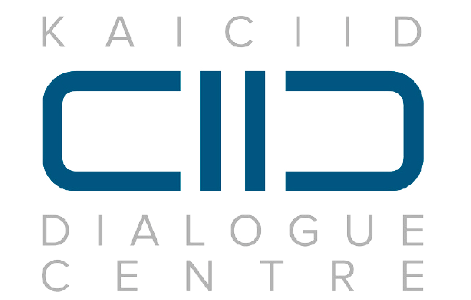
KAICIID: Knowledge Partnership
Establishing Platforms in Conflict Areas to Support the Mobilisation of Local Faith Communities
Refugees & Migration: Local Faith Communities role in response and focus on children on the move and Eastern Europe

COVID-19 Response among Faith-based Health Organizations Survey
Christian Connections for International Health (CCIH) and the Joint Learning Initiative on Faith and Local Communities (JLI) worked together to identify unmet needs for support among faith-based health providers during the coronavirus (COVID-19) outbreak. There was a monthly survey to see how needs change over the course of the response.

Understanding Inclusivity of Religious Diversity in Humanitarian Response
There is an increasing appreciation of the need to adopt faith-sensitive approaches in humanitarian work; however religious diversity is often not considered. This collaboration between JLI and CREID discussed how to best include religious diversity in humanitarian settings and provided humanitarian practitioners with an overview of appropriate tools.

Religion and Gender in Donor Policies and Practice
JLI supported DanChurchAid, Side by Side Faith Movement for Gender Justice, Act Church of Sweden and Christian Aid with a research project exploring the stances (both formal and informal) of government ministries, intergovernmental agencies (IGAs) and donors towards engaging with religious actors on gender justice, gender equality and/or ending gender-based violence (GBV).


Belgium Consortium South Sudan
The role of local faith actors in humanitarian response Bridge Builders report published in 2020
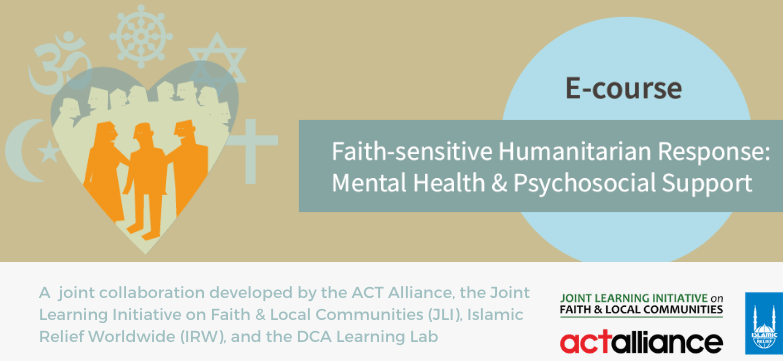
E-course on Faith Sensitive Humanitarian Response: Mental Health & Psychosocial support
Together with ACT Alliance, Islamic Relief Worldwide, and the DCA Learning Lab, JLI developed an E-course on Faith Sensitive Humanitarian Response: Mental Health & Psychosocial support.
The purpose of this training is to give the learner an introduction to faith-sensitive response to humanitarian emergencies, in order to strengthen culturally-sensitive and locally embedded assistance.

Triple Nexus in humanitarian programming
DanChurchAid and JLI worked together to investigate the rise of the Triple Nexus in humanitarian programming. In South Sudan, we researched the intersection of the Triple Nexus with localization by looking at the role and opinions of local faith actors when it came to this new humanitarian way of working.

Faith Action for Children on the Move (2018)
The Global Partners Forum on Children on the Move took place in 2018. To ensure the Forum has a sound evidence base, the Global Forum Partners with JLI compiled evidence and analyze current response, program approaches, best practices, policy frameworks, and advocacy efforts.

Religion, Refugees, and Forced Migration: Making Research-informed Impact in Global Policy Processes
JLI received a grant from the Henry Luce Foundation’s Program on Religion in International Affairs for a project titled “Religion, Refugees, and Forced Migration: Making Research-informed Impact in Global Policy Processes”. It was carried out in collaboration with Dr. Elena Fiddian-Qasmiyeh at University College London and with the support of Atallah Fitzgibbon at Islamic Relief Worldwide, the co-chairs of the JLI Refugees and Forced Migration Learning Hub.
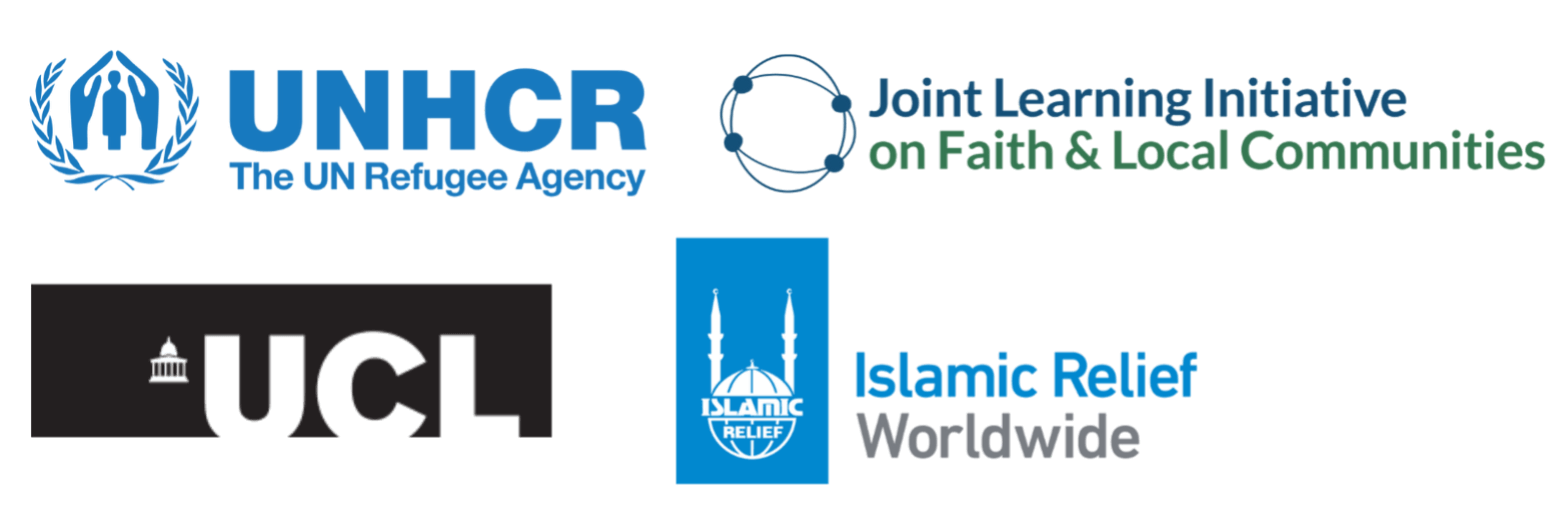
Role of Faith and Local Faith Communities in supporting refugees and the implementation of the Global Compact on Refugees
In 2018, JLI’s Refugee Hub partnered with UNHCR, UCL and IRW on a project on the role of local faith communities and implementation of the global compact. The Hub produced five case studies focused on Honduras, Mexico, Uganda, Germany, Bangladesh, and Lebanon about the implementation of the comprehensive refugee response framework

